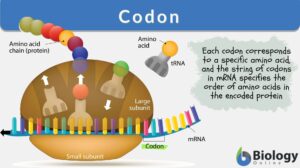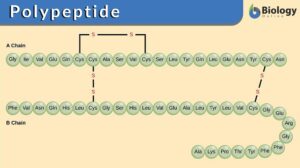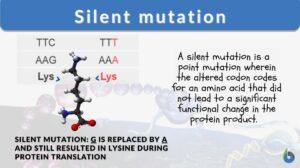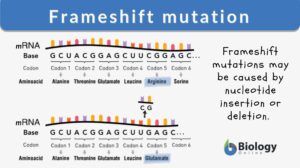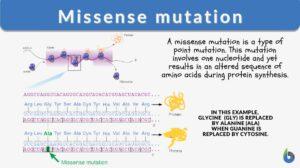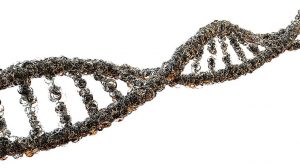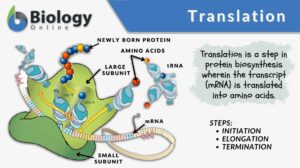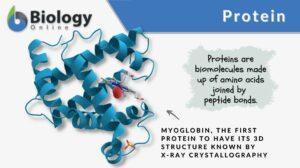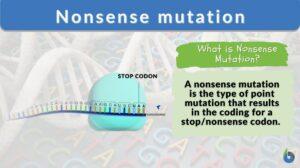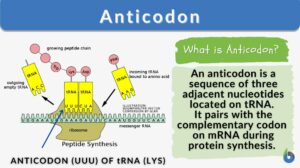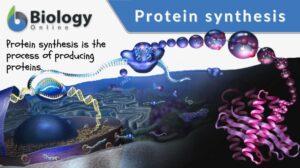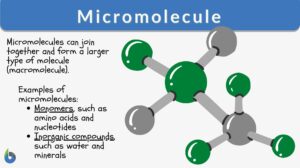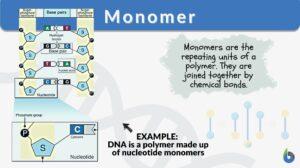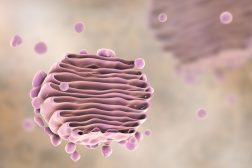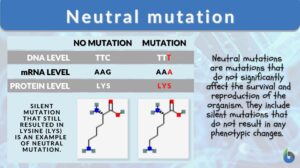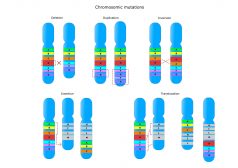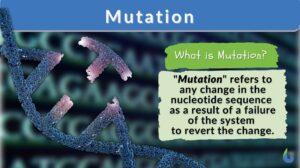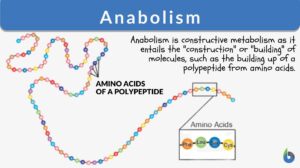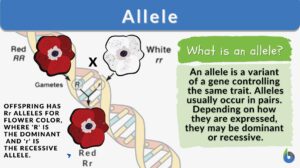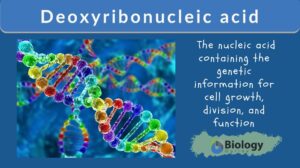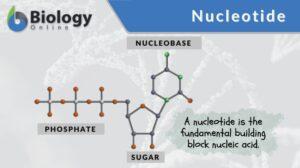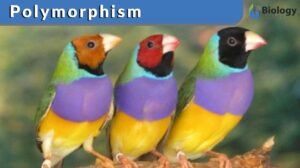Search Results for: amino_acid_sequence
Polypeptide
Polypeptide Definition Biology What are polypeptides? A polypeptide is defined as a polymer of amino acids joined together... Read More
Silent mutation
A mutation is a change in the nucleotide sequence of a gene or a chromosome. When there is only one nucleotide involved, it... Read More
Frameshift mutation
Define Frameshift Mutation What is a frameshift mutation? In biology, insertions or deletions of nucleotides in the coding... Read More
Missense mutation
What is a missense mutation? Literally speaking, a mutation that changes the meaning of the encoded gene sequence is the... Read More
Genetic Mutations
Reviewed by: Mary Anne Clark, Ph.D. Genetic Mutations Genetic mutations are inherited variations in an... Read More
Genetic Information and Protein Synthesis
Genetic Code Genes are sequences of DNA nucleotides that carry and transmit the information specifying amino acid sequences... Read More
Translation
Translation, in general, is the conversion of something into another form, such as a word from one language to another. But... Read More
Nucleic acid
Nucleic Acid Definition A nucleic acid refers to any of the group of complex compounds consisting of chains of monomers of... Read More
Nonsense mutation
A nonsense mutation is the type of point mutation that renders the translation process useless by coding for a stop/nonsense... Read More
Ribonucleic acid
Ribonucleic Acid Definition noun (uncountable), ribonucleic acids ri·bo·nu·cle·ic ac·id, raɪboʊnjuːkliːɪk... Read More
Chemical Composition of the Body
In order to fully understand the mechanisms of human physiology, it is important to have an understanding of the chemical... Read More
Protein synthesis
Protein synthesis is the process of creating protein molecules. In biological systems, it involves amino acid synthesis,... Read More
Transfer ribonucleic acid
Definition noun plural: transfer ribonucleic acids trans•fer ri•bo•nu•cle•ic ac•id, ˈtɹænsfɝ... Read More
Micromolecule
Micromolecules Definition How to define micromolecule? Micromolecules are relatively small molecules that are combined... Read More
Metabolism
Metabolism Definition What is metabolism in the body? Metabolism encompasses the various biochemical processes, reactions,... Read More
Phosphorylation
Phosphorylation Definition We can define phosphorylation as a biochemical process in which a phosphate molecule is added to... Read More
Protein Activity and Cellular Metabolism
Protein Binding Sites The ability of various molecules and ions to bind to specific sites on the protein surface forms the... Read More
Role of Golgi Apparatus & Endoplasmic Reticulum in Protein Synthesis
Continued from the previous tutorial that introduces protein synthesis... mRNA and tRNA mRNA leaves the nucleus and enters... Read More
Neutral mutation
Neutral Mutation Definition What is a neutral mutation? Neutral mutations are the alterations in the DNA that are... Read More
Degenerate
Degenerate means to become worse or less of its kind or former state. In biology, it means an entity performs the same... Read More
Chromosome Mutations
Reviewed by: Mary Anne Clark, Ph.D. By nature, the genetic information from both parents is expected to be seen... Read More
Transcription (biology)
In biology, transcription is the process of transcribing or making a copy of the genetic information stored in a DNA strand... Read More
Glycolysis
What is Glycolysis and Why is it Important? Glycolysis is a metabolic pathway by which the 6-carbon molecule of glucose is... Read More
Deoxyribonucleic acid
Deoxyribonucleic Acid (DNA) Definition A nucleic acid refers to any of the group of complex compounds made up of linear... Read More
Nucleotide
Nucleotide Definition A nucleotide is regarded as the basic building block of nucleic acid (e.g. DNA and RNA). A nucleic... Read More
Polymorphism
Polymorphism Definition The occurrence of two or more different forms or morphs in the population of a species is referred... Read More
Messenger ribonucleic acid
Definition noun plural: messenger ribonucleic acids mes•sen•ger ri•bo•nu•cle•ic ac•id, ˈmɛ.sɪn.dʒəɹ... Read More
Endomembrane system
Ever wondered how biomolecules are made within the cell and then they are released outside the cell for use by the body?... Read More
Signal sequence
Definition noun A sequence of amino acid residues bound at the amino terminus of a nascent protein during protein... Read More
